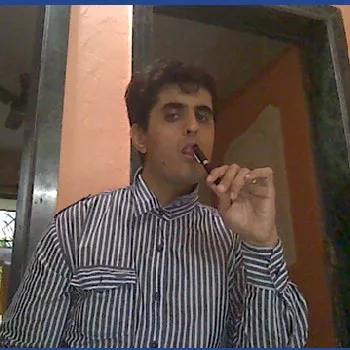Falling in love is easy; staying in love is a challenge.
Most of us aspire to find love. It is unquestionably one of the most important goals of our lives. Because of this nearly universal truth, it isn’t always easy for people to grasp the fact that most of us are also angry at love. It is often the case that no matter how long we search or how much we’ve longed for it, once we fall in love, we find ourselves challenged in ways that incite fear, anger and avoidance. At such times, we find ways to push away the people closest to us to create distance and to free ourselves of the inherent burdens of being in love.
Being valued by a loved one challenges our preexisting negative views toward ourselves. We have to recognize our anxiety over losing an identity we’ve accepted all our lives. Moreover, as we come to value someone, we have to face our fears of losing a person who now means a great deal to us. Being in love makes our lives...
Being valued by a loved one challenges our preexisting negative views toward ourselves. We have to recognize our anxiety over losing an identity we’ve accepted all our lives. Moreover, as we come to value someone, we have to face our fears of losing a person who now means a great deal to us. Being in love makes our lives...




